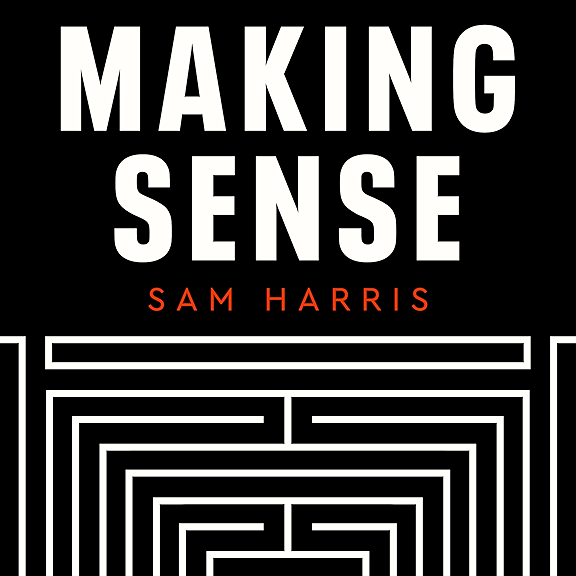
Norman Naimark, “Stalin’s Genocides” (Princeton UP, 2010)
Absolutely no one doubts that Stalin murdered millions of people in the 1920s, 1930s and 1940s. His ruthless campaign of “dekulakization,” his pitiless deportation of “unreliable” ethnic groups, his senseless starvation of Ukrainian peasants, his cruel attempt to “cleanse” the Communist Party of supposed “enemies of the people”–all of these actions resulted in mass death. In total, Stalin is responsible for the murder of roughly 10 million Soviet citizens. Again, this is well established.
What is not well established is what to call Stalin’s crimes. As Norman Naimark points out in his thought-provoking Stalin’s Genocides (Princeton UP, 2010), historians and others have been peculiarly conflicted about this issue. Everyone agrees it’s mass murder. But is it “genocide,” with all that term entails? Etymologically, it doesn’t seem so: gens is Latin for “people who claim common descent,” that is, a clan, tribe, or even nation. The Kulaks were not a gens. Historically, genocide doesn’t fit well either: after World War II, the UN decided that it would mean “acts committed with the intent to destroy, in whole or in part, a national, ethnical, racial religious group, as such.” Again, the Kulaks are none of these things.
Naimark, however, argues Stalin’s crimes should be considered genocide on three grounds. First, he demonstrates that some of Stalin’s attacks were genocide under the UN definition, for example his exile and starvation of minority ethnic groups. Second, he shows that some of those who sought to define genocide during and after World War II did not intend to restrict it to gens: they included political groups, that is, entities like the Kulaks. The Soviets and others demanded these groups be removed from the definition, and they were. Third, he demonstrates that international law has evolved, and with it the legal meaning of genocide: recent proceedings in the Baltic states, for example, have broadened the definition.
Some might ask “What does it matter what we call it?” I think it matters a lot. Words are not only an interpretation of the world, but they are also a reflection of who we are. The words the Nazis used to describe their crimes–“final solution,” “transport to the East,” “special handling”–tell us much about them. The words the Stalinists used to describe their crimes–“purge,” “evacuation,” “re-education”–tell us much about them as well. And so we have to ask: What does our persistent failure to call Stalin’s crimes “genocide” say about us? Nothing very good, I think.
Please become a fan of “New Books in History” on Facebook if you haven’t already.
Learn more about your ad choices. Visit megaphone.fm/adchoices
Support our show by becoming a premium member! https://newbooksnetwork.supportingcast.fm/genocide-studies




















